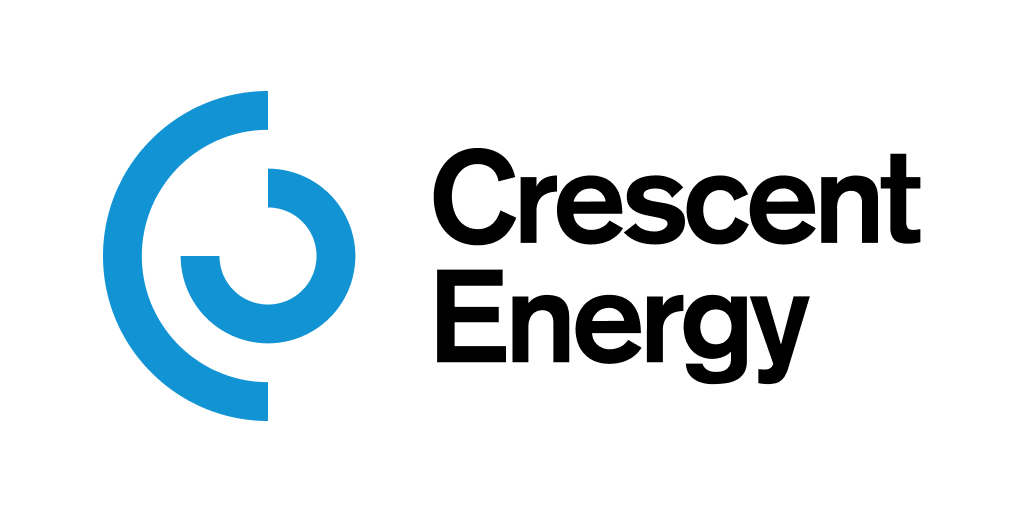Sign up for daily news updates from CleanTechnica on email. Or follow us on Google News!
As is the case in most of the major cities around the world, chronic traffic jams in Dakar, Senegal, result in heavy air pollution and prolonged commute times. To help address the issues associated with emissions from traffic congestion, as well as cut down commute times, the Conseil exécutif des transports urbains durables (CETUD) undertook a wide-ranging program to reorganize the Senegalese capital’s urban transport network, by implementing a Bus Rapid Transit (BRT) system. The BRT system goes into service in a few weeks. The system will link the Petersen bus station at Dakar Plateau (in the city center) to the prefecture of Guédiawaye in the northern suburbs, thanks to a fleet of 121 all-electric buses. There are some BRT systems in other parts of the African continent, but a lot of them are still utilizing diesel buses.
Dakar Mobilité, a Senegalese company owned by Meridiam and the Fonds souverain d’Investissements stratégiques du Sénégal (FONSIS), has raised the €135 million needed to deploy Dakar’s electric BRT bus network. Proparco, EAIF, PIDG TA (Technical Assistance), and the European Union (EU) joined forces to secure the financing. The €85.4 million loan is being provided in equal parts by Proparco, the private sector subsidiary of Agence Française de Développement, and Emerging Africa Infrastructure Fund (EAIF), acting through its management company Ninety-One. Both are also providing Dakar Mobilité with a loan for a total of €6.4 million to finance the replacement of the buses’ batteries at the end of their useful life (eight years). Two grants, one provided by the European Union (EU) for €7 M, the other secured from PIDG TA for around €9 M, complete the financing of the project. The equity portion is being provided by Meridiam and FONSIS.
The BRT-system will become a major transportation option in the Dakar urban area, with an expected 300,000 passengers/day traveling between the suburbs and the city center. It will cover 18.3 km of Dakar, connecting 23 stations and 14 of the city’s most densely populated districts from north to south, via four lines (one “omnibus” line and three express or semi-express lines). Dakar residents should be able to use the first BRT buses by January 2024, with full availability of the system planned before summer of 2024.
While the BRT infrastructure has been developed under the direct responsibility of CETUD, it has delegated — for a period of 15 years — the acquisition and maintenance of the vehicles and associated systems, as well as the operation of the BRT to Dakar Mobilité, a private company incorporated under Senegalese law. Dakar Mobilité is owned by Meridiam (70%) and FONSIS (30%), Senegal’s sovereign fund.
Thanks to the BRT, Dakar Mobilité will create around 1,000 direct and local jobs, giving priority to women’s access to employment and ensuring that young people benefit from the international expertise mobilized on the project to develop solid skills in mass public transport.
BRT users will see their travel time to jobs, vital services, and downtown activities reduced, with a clear improvement in service quality. Buses will connect the two ends of the line (Petersen and Guédiawaye) in 45 minutes, instead of 90 minutes today.
Improved access for residents of peripheral areas to jobs, services, and activities in downtown Dakar will promote employment within the Dakar region. Dakar Mobilité plans to introduce a social fare of up to 50% off the standard fare to enable underprivileged populations to take advantage of these new opportunities.
The project includes high-quality, inclusive facilities in and around the stations, to ensure safe pedestrian traffic and good flow management, with public lighting on side roads along the BRT to reduce the risk of assaults on women, a space in each bus for passengers in wheelchairs and six places reserved for people with reduced mobility. The EU-funded gender action plan will focus on the role of women in transport.
BRT is one of the key components of an ambitious strategy for sustainable urban mobility. It will help improve air quality in Dakar and reduce the country’s greenhouse gas emissions, with around 59,000 tonnes of CO2 avoided per year, according to Dakar Mobilité.
In addition to the BRT, CETUD is gradually reorganizing a number of bus lines operated by AFTU and Dakar Dem Dikk, to ensure that passengers are efficiently directed to the BRT and the regional express train (TER), inaugurated in 2021. In addition to the BRT, TER, and its back-up lines, the overall public transport network in the Dakar metropolitan area will be completed downstream by the conventional bus network.
It’s great to see such a project on the African continent going with full battery-electric buses from the get-go. This will set a good precedence and I hope to see more of these kinds of projects around the African continent in the very near future.
Image courtesy of Meridiam
Have a tip for CleanTechnica? Want to advertise? Want to suggest a guest for our CleanTech Talk podcast? Contact us here.
Our Latest EVObsession Video
I don’t like paywalls. You don’t like paywalls. Who likes paywalls? Here at CleanTechnica, we implemented a limited paywall for a while, but it always felt wrong — and it was always tough to decide what we should put behind there. In theory, your most exclusive and best content goes behind a paywall. But then fewer people read it!! So, we’ve decided to completely nix paywalls here at CleanTechnica. But…
Thank you!
CleanTechnica uses affiliate links. See our policy here.




